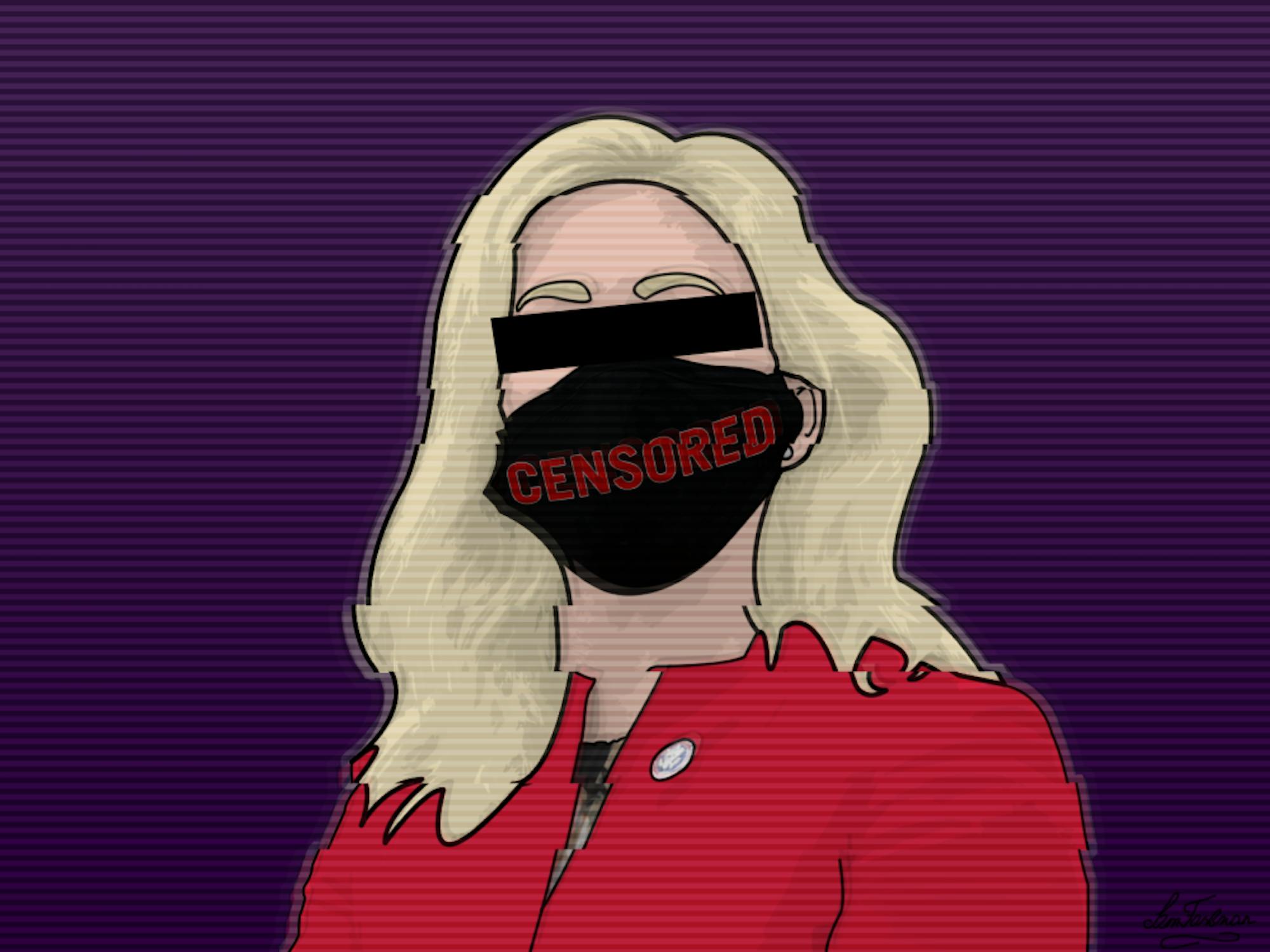Over the last few decades, the United States’ political landscape has become increasinglypolarized. The starkly divergent beliefs arising from this polarization have brought a persistent issue to the forefront: how to maintain a political environment that allows for vast differences in opinion while also holding people accountable for dangerous words and views. This tension, and the failure of U.S. institutions to enforce accountability, was clear during theSenate impeachment trial last weekend, in which most Republican senators decided that former President Donald Trump should not be convicted forinciting an insurrection at the U.S. Capitol on Jan. 6.
Questions about accountability and maintaining a diversity of opinion amid a tense political climate have surfaced numerous times at Tufts. In September 2019, Karl Rove, deputy chief of staff and senior aide to former President George W. Bush, came to Tufts as part of the Jonathan M. Tisch College of Civic Life's Distinguished Speaker Series. The event was met with controversy and protest from students, with some expressing that citing Rove as “distinguished” wasakin to promoting his behavior and the policies he helped enact — specifically, initiating and politicizing the Iraq War.
After the event, some argued that the opportunity to discuss and debate with someone who is vehemently opposed to your viewis productive; it allows you to fine-tune your own argument and gain a better understanding of the opposing side.
It is undeniable that debate is a cornerstone of a functioning democracy and a well-rounded education. Whether or not the Tisch College event was the best setting for it, students and listeners were given the space to hold Rove accountable and engage in constructive conversation. While Rove’s actions are inexcusable, the question of whether the nation was justified in going to war is something that can be argued from both sides.
Unfortunately, mainstream political discussions have become increasingly centered on issues that are unbalanced, with one side often lacking validity. Over the past few weeks, controversial Congresswoman Marjorie Taylor Greene has been called out by others in Congress for her lies and propagation of conspiracy theories, leading to herremoval from her committee assignments. She has supported theQAnon movement, made antisemitic statements and suggested that school shootingswere hoaxes and harassed survivors. She has alsoliked and shared posts that threatened the lives of top Democrats such as Speaker Nancy Pelosi, andpromoted the lie that President Biden did not win the 2020 election.
Despite the damage that the spread of such lies can cause, only11 Republican representatives voted with Democrats to remove Greene from her committee assignments, and onlyseven Republican senators voted to convict former President Trump during his second impeachment trial. Greene’s noxious statements are not a matter of free speech or sharing an alternative opinion; she does not have any evidence to support the many allegations she has made. Even more concerning, her current position of power as an elected representative lends credence to her lies. Republican leaders should hold those who bring not a difference of opinion, but objective untruths to the table and deceive the American public, accountable.
Unlike Trump, Greene has been held accountable to an extent, but she still retains her position and platform. She continues to promote lies and make blatantly discriminatory statements. Her views are baseless and undeserving of rational debate. While Rove’s actions and views regarding the war are extremely controversial, his perspective can be understood by an opponent in conversation, even if they still disagree with his view in the end. To do the same with Greene would mean providing some level of legitimacy to dangerous conspiracy theories and antisemitic rhetoric. Debate is untenable against hate and webs of lies.
It is important that we unite against the conspiracy theories permeating American society. Even if government institutions are unable to build a consensus to condemn elected officials’ roles in spreading blatant, violence-provoking misinformation, we must set standards of accountability within our own communities. While we should be willing to have discussions with people of opposing views, we must also avoid giving a platform to misinformation and discrimination. We may have to engage in difficult conversations with those we know have been convinced by those lies. And perhaps most importantly, we must be ready to recognize the distinction between a difference in opinion and a difference in the way some view objective reality.






